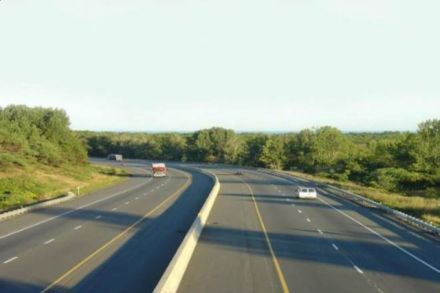Bharatmala Pariyojna: The Bharatmala Pariyojna scheme is going strong! The Union Ministry of Road Transport and Highways said in a statement that as part of the project, a total of 2,921 km of road has been constructed so far. Apart from that, the ministry also stated that as of August 2020, it has awarded as many as 322 projects, covering a total length of 12,413 km under the Bharatmala Pariyojna scheme.
The statement said that the Union Ministry had taken up a detailed review of the network of National Highways in the country. Under the phase one of the Bharatmala Pariyojna scheme, the ministry has given its approval for developing about 34,800 km of road network. This includes residual stretches of National Highways Development Project (NHDP) to the tune of 10,000 km. The approved estimated cost for this ambitious scheme is Rs 5.35 lakh crore, the statement added.
Bharatmala Pariyojna explained
The Bharatmala Pariyojna is an ambitious project approved by the Centre in 2017. It is an umbrella project for the highways in the country, aiming to optimise the passenger as well as freight movement across India. It would be done with the help of interventions like inter corridors and feeder routes, economic corridors, green-field expressway, national corridor efficiency improvement, coast and port connectivity roads and border and international connectivity roads.
The government is hoping to complete the first phase of the ambitious scheme by 2022.
At the time of the announcement of the project, Union Minister for Road Transport and Highways Nitin Gadkari had said that the scheme would pay special attention to fulfilling the needs of connectivity in backward as well as tribal areas, those areas with economic activity and places having tourist and religious interest.
He had also said that the scheme would result in the country having 50 national corridors. This would be a steep increase from the six national corridors that the country had before the project commenced. Back then, only 40% of the freight moved along the national highways, but Gadkari had said that once the new corridors become operational, about 70-80% of the freight movement would take place through NHs.
